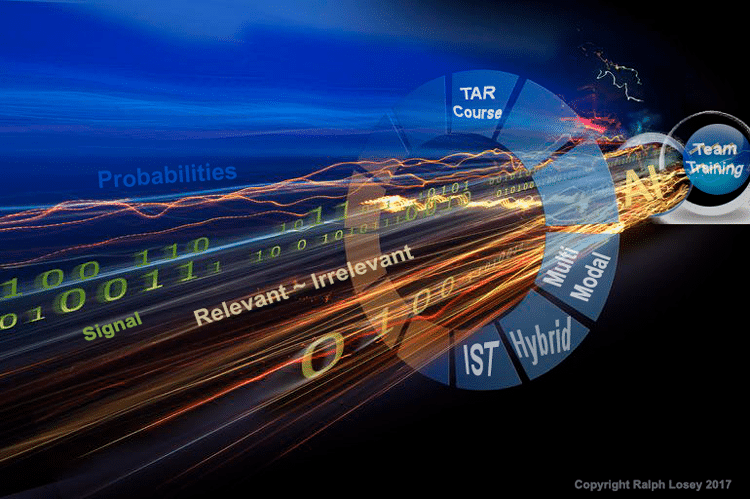TAR and Sedona Principle Six:
Livingston v. City of Chicago is a new technology-assisted review (TAR) case that provides guidance on a number of key issues regarding the use of TAR. This case affirms Sedona Principle Six. It also approves the use of search terms to pre-cull a data set to emphasize the importance of not holding TAR to a higher standard than other search and review methods.
For over a year, the parties involved in Livingston were at an impasse concerning the methods that the defendant, the City of Chicago, should use to identify and search for emails responsive to the plaintiffs’ discovery requests. The Plaintiffs requested that the City of Chicago produce any relevant emails that would substantiate the claim that the Chicago Fire Department discriminated against women who applied for positions within the department’s paramedic division. The City of Chicago wanted to use its “Microsoft Tool” to search for and identify any responsive emails. However, the Plaintiffs did not approve and wanted the City of Chicago to use an eDiscovery vendor to export any relevant emails. The Plaintiffs also insisted that the City of Chicago run search terms against all collected documents and produce the search without a relevance or privilege review. The City of Chicago declined the request so the Plaintiffs went to the court for a resolution. The court ruled the City of Chicago needed to use an eDiscovery vendor to collect the emails and run the search terms against the data set developed by the plaintiffs. However, the court also rejected the Plaintiffs’ blanket production request.
After the collection, the City of Chicago had 192,000 emails to review for relevance and privilege. They informed the court that they intended to use TAR to review the emails. The Plaintiff’s argued that using TAR violated the court’s order. The Plaintiffs also argued that if TAR is used then it should be pursuant to the Plaintiffs’ proposed TAR protocol. The protocol required the City of Chicago to forgo using the provided search terms and running TAR on the entire data collection which was about 1.5 million documents instead of the 192,000 email subset. The court ruled the City of Chicago was permitted to use TAR and that the Plaintiffs could not dictate how the City of Chicago developed its TAR workflow by citing Sedona Principle Six.
How does Livingston v. City of Chicago provide guidance on key TAR issues? First, Livingston clarifies Sedona Principle Six and that responding parties should be allowed to choose the methods that they believe will acquire the best amount of relevant information. Secondly, this case emphasizes how importance transparency is when using TAR. While the City of Chicago was not forces to reveal major aspects of their TAR workflow, the court acknowledged that it was importance for the responding party to disclose their use of TAR, identity of the TAR tool, and the quality of its validation measures. Third, Livingston approved a responding party’s use of search terms to pre-cull a data set prior to running the subset through a TAR workflow. And lastly, this case highlighted the importance of not holding TAR to a higher standard than other review techniques like search terms and manual review.
For more Tidbits & Thoughts, please click here.






